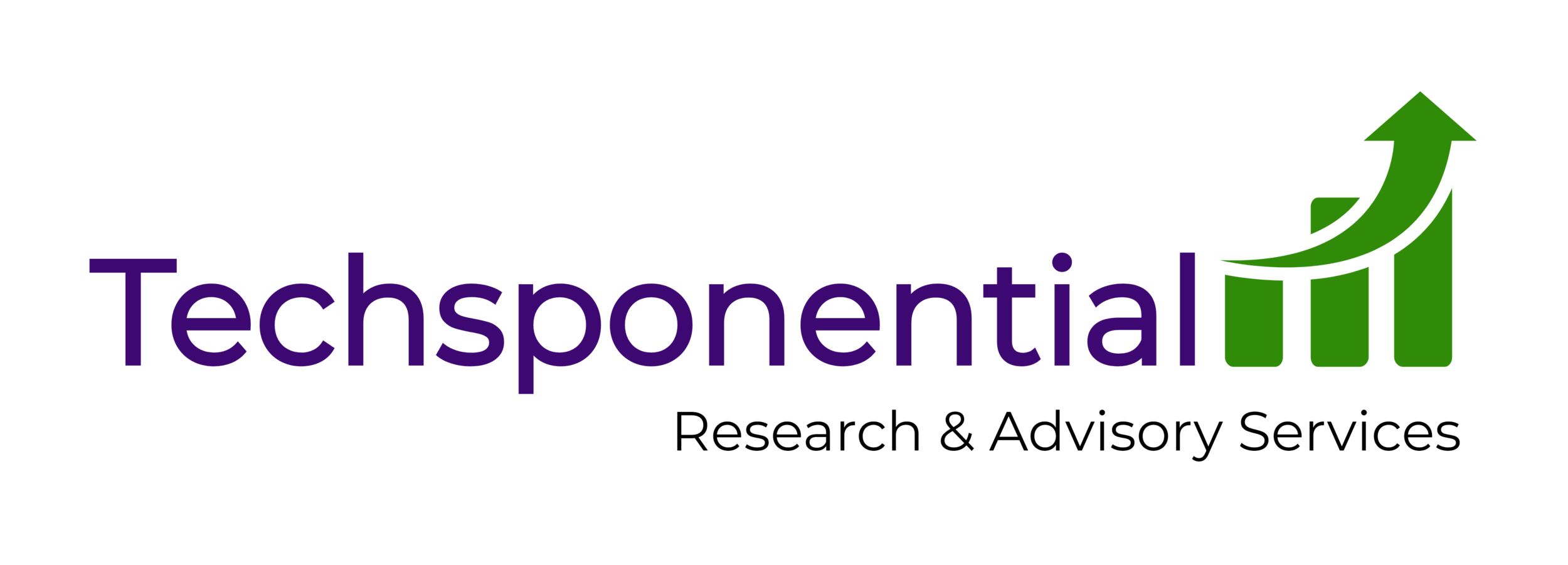Products and Pandemics
Amid Coronavirus Shutdowns, Vendors Need to Adjust Product Launches and Marketing
As the Covid-19 contagion spreads, companies are taking different approaches to launching new products in this rapidly changing environment. It is unclear how long efforts to reign in the pandemic will last, and some markets like China, Japan, and South Korea, are beginning to see results from their earlier efforts to contain the disease. However, the U.S. and Europe are in the process of shutting down, and the news is filled with rising casualty numbers daily. Even consumers in these markets who are fully employed and able to work without distraction at home are in shock, and there isn’t much that companies can do to boost sales in this environment.
Companies building products designed for group social activities (action cams, DJ equipment, even conference room PCs) are obviously better off waiting rather than launching anything today. A better case can be made that mesh WiFi systems, Chromebooks, tablets, laptops, smartphones, and noise cancelling headphones as crucial devices for remote learning and working. Even so, some essential devices are more essential than others: folding devices aimed at making a fashion statement are just not relevant right now. Consumers are leaning on home entertainment, gaming, and IoT more than ever as they practice social distancing, but here, too, vendors need to be careful about appearing to be insensitive and frivolous. Vendors can launch new streaming media players and video-enabled smart speakers clear if the messaging is restrained. However, even though we predict that next generation game consoles will sell better than originally anticipated after the virus is beaten, it is prudent to tamp down the hype today. It’s hard to get too excited about variable refresh rates and 8KTVs while people worry about their health and paychecks.
On the enterprise side, things vary dramatically by sector. Hospitality and travel are in terrible trouble, but education and some service providers will need to invest more in laptops and security. Cloud services infrastructure, anything used for medical research, manufacturing, and logistics are all essential services. Companies like Intel, Samsung, and Microsoft should soberly but unashamedly promote their products for these use cases – donating in kind as much as possible.
No Fear-based Marketing, or Worse, Apathy
One thing that is already tripping up companies: this is not a time for fear-based marketing. On March 19, HTC held a virtual conference for its Vive VR ecosystem inside Engage, a collaborative VR app. That should not be a problem: you can’t socially isolate any more than by donning VR gear away from others. However, to drive the point home, attendee avatars were decked out in virtual protective gear and encouraged to take selfies with floating cartoon coronaviruses. This is horrible. Don’t do this.
The approach Apple took a day earlier when it launched updated computers and tablets is a much better model to follow. The accessories Apple announced certainly have healthy profit margins, but none of the products are frivolous. Apple company stuck to its typical March/April launch cycle, but it skipped a launch event entirely. Rather than encouraging the hype that even a virtual event would have generated, Apple simply posted a press release and a couple of short videos. The product positioning online is straightforward: a much better keyboard on the MacBook Air, and new mouse support and AR capabilities on the iPad Pro. Even though the MacBook is a staple in education, Apple did not mention distance learning once in its press release.
Managing Product Strategy and Messaging In an Uncertain Time
The political, medical, and economic responses to this pandemic have been varied, and the landscape appears to shift daily. Each company’s situation is different, but everyone will need flexibility, tact, and clear communication.
To discuss your specific situation, contact Techsponential at avi@techsponential.com or +1 (201) 677-8284.
[First published March 23, 2020]

